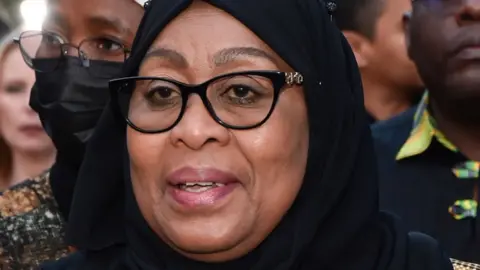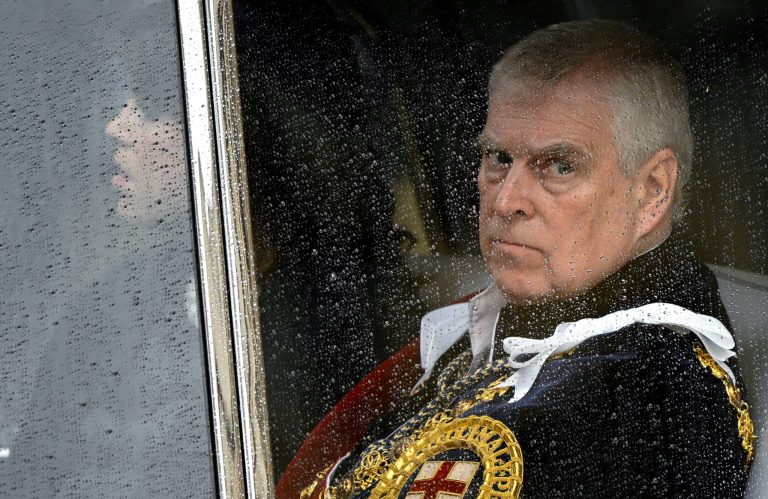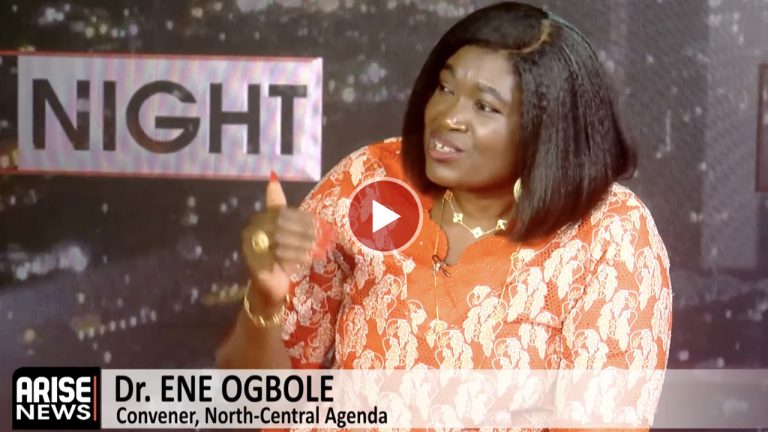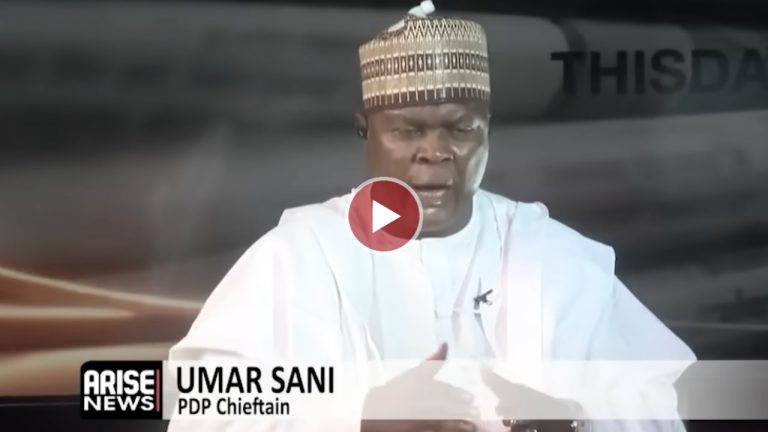
Tanzania’s Samia Suluhu Hassan was sworn in as president on Monday under a tense national atmosphere marked by an ongoing internet shutdown and mounting allegations of mass killings during post-election protests.
The electoral commission declared Hassan the winner with an overwhelming 98 percent of the vote. However, the opposition party Chadema—barred from contesting the election—rejected the results outright, denouncing last Wednesday’s vote as a “sham” and calling for fresh polls.
Unlike past inaugurations held in stadiums, state television broadcast images of officials and foreign diplomats gathered inside the State House in Dodoma. The public was barred from attending.
Internet Blackout, Mounting Death Toll Claims
A nationwide internet blackout, imposed on election day as protests erupted, remains in effect, severely limiting the flow of reliable information out of the country. A diplomatic source said there were credible reports of “hundreds—perhaps even thousands—of deaths” recorded at hospitals across Tanzania.
Chadema told AFP it had documented “no fewer than 800” deaths by Saturday, though none of the figures could be independently verified. The Tanzanian government has yet to comment on fatalities, except to dismiss accusations of excessive force.
Schools and universities were closed on Monday, public transport was suspended, and reports emerged that even some Sunday church services had been cancelled.
According to the diplomatic source, there are “concerning reports” that police may be using the blackout to track down opposition supporters and protesters who possess video evidence of last week’s violence.
Cities Under Lockdown, Security Tightened
Dar es Salaam and other major cities were largely subdued over the weekend, with a near-total lockdown in place. Police carried out widespread checks, stopping commuters, searching bags, and allowing shops to open only later in the day.
In Zanzibar—where protests were minimal—AFP journalists reported seeing masked, armed men patrolling without insignia or identification.
A Kenyan rights group released footage on Sunday allegedly smuggled out of Tanzania showing bodies piled in the streets. AFP could not independently verify the images.
Pope Leo XIV joined the calls for calm, urging prayers for Tanzania as he lamented “numerous victims” of the unrest. “I urge everyone to avoid all forms of violence and to pursue the path of dialogue,” he said.
Election Marked by Fear, Chaos, and Heavy Policing
Hassan, who became president in 2021 following the sudden death of John Magufuli, was widely seen as seeking a resounding electoral mandate to solidify her authority and quell dissent within the ruling party.
Rights organisations accuse her government of unleashing a “wave of terror” before the vote, marked by a series of high-profile abductions that intensified in the final days of the campaign.
Election day itself devolved into chaos. Despite a heavy security presence, crowds stormed the streets nationwide, tearing down the president’s campaign posters and clashing with police. Polling stations were largely empty until violence erupted, AFP journalists observed, though the electoral commission later announced an 87 percent turnout.
The eruption of street unrest prompted an immediate internet shutdown and the imposition of curfews across several regions.
UN Secretary-General António Guterres said he was “deeply concerned” by the situation, including reports of deaths and injuries, according to his spokesperson.
Muted International Response
International reaction has been cautiously restrained. Kenya’s President William Ruto congratulated Hassan and urged citizens to “uphold peace and the rule of law.” Similarly, President Félix Tshisekedi of the Democratic Republic of Congo praised Hassan on her “brilliant re-election.”



